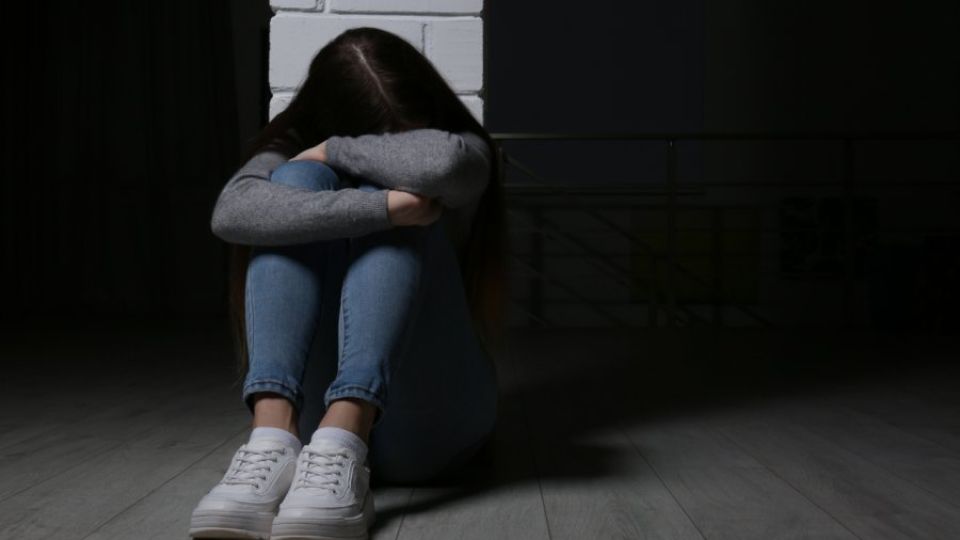March 1, 2023
SEOUL – The Constitutional Court on Tuesday ruled that the law that dictates that students who commit school violence can face measures such as a mandatory apology to the victim, prohibition of contact or retaliation and changing classes is constitutional.
The Constitutional Court rejected an appeal that claimed the law forcing perpetrators to apologize to victims infringes on their freedom of conscience and personal rights. Six judges out of nine voted that the law is constitutional.
The case was filed by a perpetrator — a male whose name remains unknown — who committed school violence in 2017 at 15 years old. The school’s autonomous committee asked for a written apology, prohibited him from approaching, threatening or retaliating against the victim and demanded the school place the victim and perpetrator in separate classes. The principal followed the request in December of the same year.
When the first court ruled that the school’s disciplinary action was lawful, the student immediately took the case to a higher court. He simultaneously filed a constitutional complaint, saying there was a problem with the School Violence Prevention Act itself, which was the basis for the disciplinary action.
“It is hard to say that (demanding an apology) excessively violates the freedom of conscience and personal rights of the perpetrator,” said the Constitutional Court.
The three judges who saw the law as unconstitutional said that the apology should be voluntarily made through advice and education from teachers or parents.
The Constitutional Court also made it clear that measures like prohibiting contact, intimidation, retaliation and separation of classes do not restrain the student’s freedom of action.
“School violence can be repeated at any time because it mostly occurs within the school, a limited space,” the court said, ruling that the no-contact and class replacement provisions are indispensable for the safe school life of school violence victims as well as the safety of students who report violence.
Meanwhile, the main opposition Democratic Party of Korea lambasted over the school violence scandal of high official’s children, referring to a school bullying case involving a son of Chung Sun-sin, a former prosecutor who was appointed as state investigation chief but resigned next day.
Chung’s son, who is now attending the Seoul National University, one of the most prestigious universities in South Korea, has verbally abused his peer for eight months in high school and was ordered to be transferred to another school. Chung resigned from the post a day after the appointment, Saturday, apologizing about his son’s issue.
Rep. Kang Deuk-gu of the Democratic Party, a member of the education committee, said at a press conference held at the National Assembly Tuesday that the government should create a “Anti-Chung Sun-sin’s son law,” which will mandate personality evaluations in the college entrance system. He also urged the government to check on the history of school violence involving the children of candidates for high ranking official positions while examining their qualifications.


